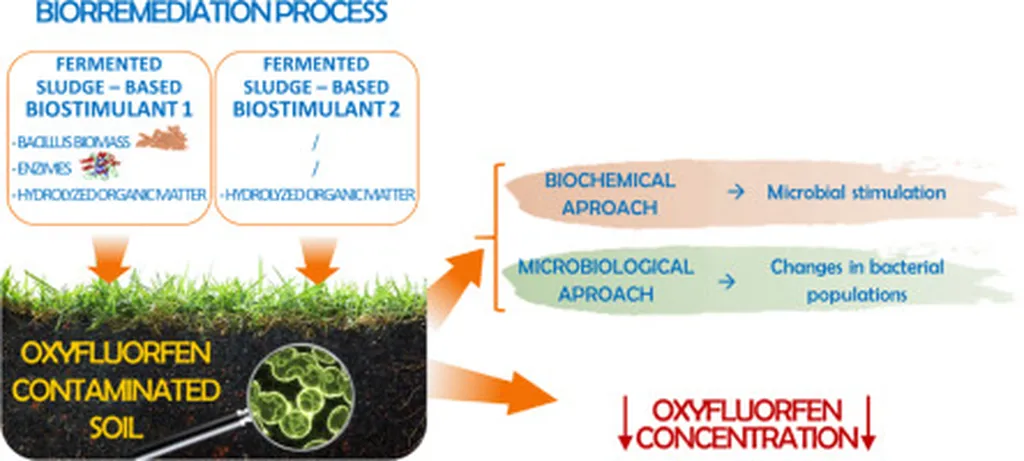In the vast and varied agricultural landscape of India, herbicides play a pivotal role in managing the diverse weed problems that farmers encounter. However, the persistence of some herbicides in the environment poses significant challenges to sustainable agriculture. A recent study published in the *International Journal of Bio-Resource and Stress Management* sheds light on the environmental effects of herbicides and explores innovative management strategies to mitigate their impact.
The research, led by Sayantani Basu from the Department of Biotechnology at Sripat Singh College in West Bengal, highlights the critical need for a deeper understanding of herbicide persistence and dissipation. “Herbicides are formulated to degrade after completing their intended work, but some persist and cause serious hazards to succeeding crops and the surrounding environment,” Basu explains. This persistence can lead to herbicide resistance, a growing concern in sustainable agricultural management.
The study delves into the various herbicides used in India, their negative environmental impacts, and the methods for their dissipation. It emphasizes the importance of proper management practices to avoid or minimize herbicide carry-over effects. One promising approach discussed is the combination of bioaugmentation and biostimulation along with the addition of organic matter, which could accelerate the biodegradation of persistent herbicides.
“Extensive field evaluation studies with tools like crop rotation and increasing organic matter content are definitely promising techniques for managing herbicide persistence,” Basu notes. The research also explores the potential of bioherbicides and transgenic approaches as alternatives to chemical herbicides. These biological control agents offer a high degree of specificity, targeting only the weeds without affecting non-target, beneficial plants or humans, and leaving no residues in the environment.
The commercial implications of this research are substantial. For the agriculture sector, adopting these innovative management strategies could lead to more sustainable and efficient farming practices. By reducing the persistence of herbicides in the environment, farmers can minimize the risk of crop damage and enhance soil health, ultimately improving yields and profitability.
The study’s findings could shape future developments in the field by promoting the use of bioherbicides and transgenic approaches. These alternatives not only address the issue of herbicide resistance but also contribute to environmental sustainability. As the agriculture sector continues to evolve, the integration of these advanced technologies and practices will be crucial in achieving long-term success and resilience.
In conclusion, the research by Basu and her team provides valuable insights into the environmental effects of herbicides and offers practical solutions for their management. By embracing these strategies, the agriculture sector can move towards a more sustainable and productive future.

